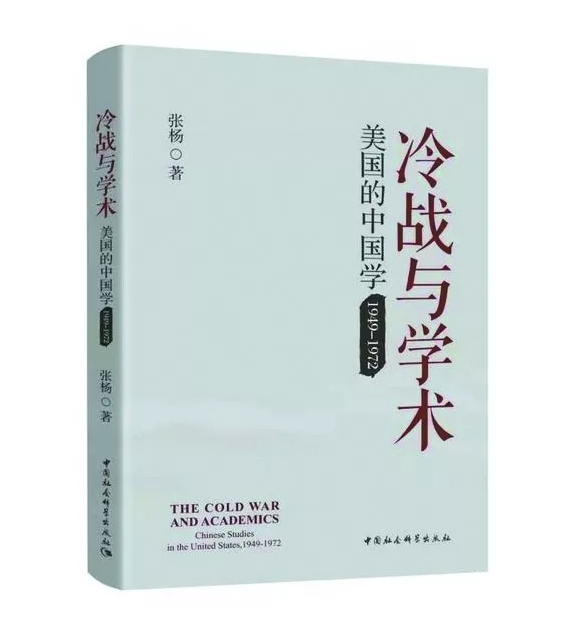Exploring American China studies during Cold War

The Cold War and Academics: Chinese Studies in the United States, 1949–1972
In The Cold War and Academics: Chinese Studies in the United States, 1949–1972, Zhang Yang explores the development process of China studies in the United States in the first half of the Cold War. She analyzes the relationship between the demands of the Cold War and China studies in the United States, the endogenous impetus and external influence of regional studies represented by China studies, the social and cultural impact of the Cold War at the national and transnational level, the personal experiences of American scholars in the field, and the influence of China studies on US policy towards China.
The Second World War changed the free and independent academic tradition of the United States. A large number of scholars devoted themselves to serving the US government, and the relationship between government and academia strengthened. After the war, the rapid power expansion of the US on the global stage required intensified research in the social sciences, especially regional studies, to provide intellectual support for foreign policy. At the same time, the ideological confrontation between the capitalist and socialist camps compelled the United States to seek relevant expertise.
China studies in the United States were deeply marked by the Cold War, from research content and disciplinary development to overseas dissemination. In terms of research content, it paid more attention to issues of contemporary China and focused on political and economic issues with multidisciplinary research methods. With the support of the US government, China studies gained tremendous opportunities for development. Many research institutions were established, with the rapid expansion of enrollment and the establishment of various open and covert research projects.
The US government greatly enhanced the overseas dissemination of China studies in the United States for the purpose of strengthening its understanding of China and offsetting the cultural influence of China in Asian countries, which promoted the development of Asian China studies. Despite the suppression and guidance of political forces, American China studies did not lose its independent status and completely become a tool of the Cold War.
As time went on, American society gradually abandoned the Cold War mentality, and the influence of academics on politics was recognized. The decline of “Cold War consensus” in the United States provided space for scholars to adjust their policy views toward China. The breakdown of China-Soviet relations in the 1960s also encouraged America to change its hostile attitudes towards China.
On the surface, the adjustment of American policy toward China in 1972 was the result of closed-door decision making by a few top-level government officials. In actuality, the thoughts of Henry Kissinger and Richard Nixon were relatively influenced by the academic research of the times.
edited by YANG LANLAN
